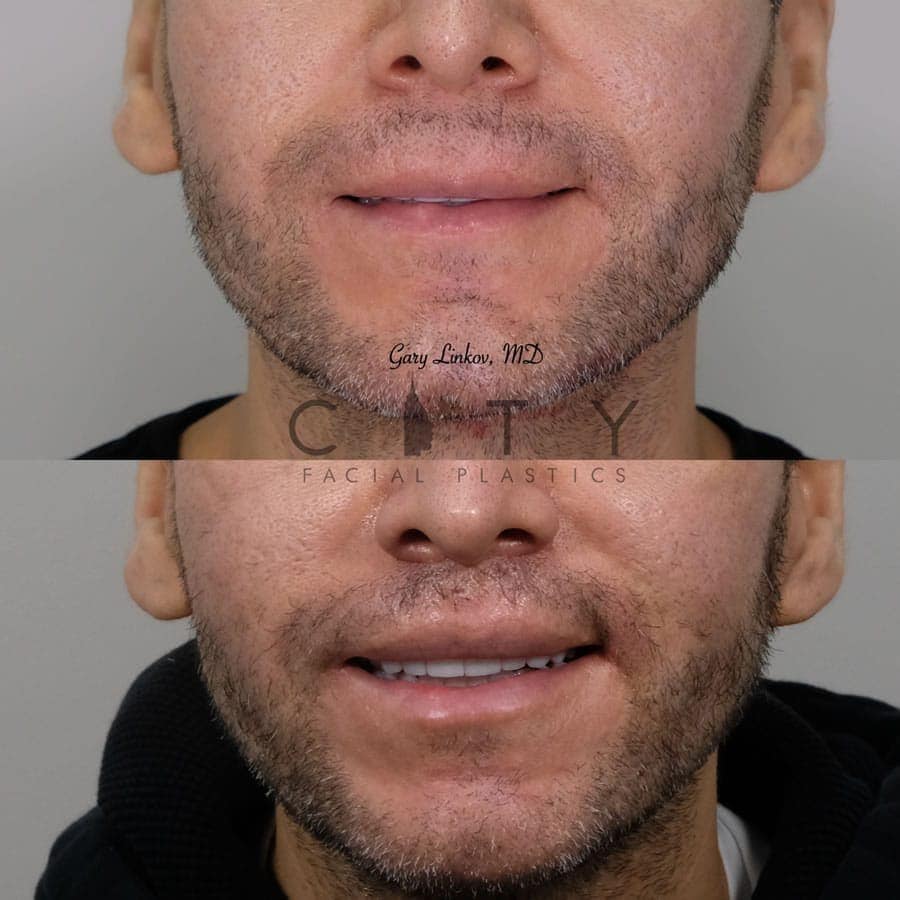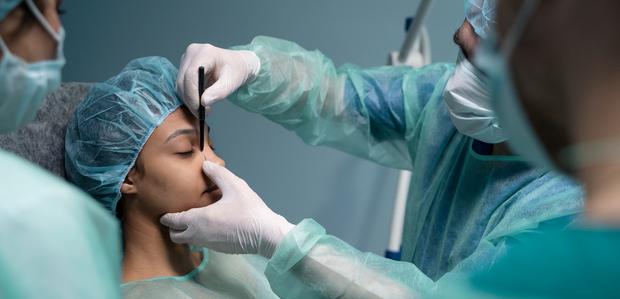Mommy Makeover Rancho Cucamonga: Restore Your Youthful Figure with Specialist Procedures
Mommy Makeover Rancho Cucamonga: Restore Your Youthful Figure with Specialist Procedures
Blog Article
Exploring the Mental and Social Elements That Drive Individuals to Consider Aesthetic Surgery as a way of Improvement
The decision to go after cosmetic surgical procedure frequently prolongs past simple aesthetics, linking with psychological and social characteristics that warrant detailed assessment. Factors such as self-confidence, pervasive societal beauty requirements, and the prevalent influence of social networks converge to shape specific inspirations for medical enhancement. As these influences come to be significantly noticeable, understanding the underlying emotional and cultural contexts is important. What continues to be to be explored is the profound influence these elements have not just on individual identity yet also on broader societal standards and values bordering elegance and acceptance.
The Role of Self-confidence
Self-esteem considerably influences a person's choice to seek plastic surgery. People with reduced self-esteem frequently view themselves in an adverse light, causing feelings of insufficiency regarding their physical look. This adverse self-perception can drive them to seek surgical treatments as a method of boosting their self-image. The desire for improvement in one's appearance is often connected to a belief that such changes will raise their overall self-respect and self-confidence.

Inevitably, the duty of self-esteem in the decision-making procedure regarding cosmetic surgical procedure highlights the complicated interplay between body photo, individual contentment, and mental wellness. Understanding this relationship is crucial for medical care professionals to guarantee that individuals are making notified decisions rooted in reasonable assumptions and psychological well-being.
Societal Appeal Standards
Influenced by pervasive media portrayals and social stories, societal appeal requirements play a crucial function fit people' assumptions of their very own bodies. These requirements are typically identified by an idyllic form of appeal that emphasizes traits such as balance, slimness, and youthful vigor. As these ideals are perpetuated via numerous networks, consisting of advertising and marketing, film, and tv, individuals regularly internalize these messages, resulting in frustration with their natural appearance.
The effects of these societal standards prolong beyond aesthetic preferences; they can affect self-worth, psychological health, and social connections. People that view themselves as falling brief of these requirements might experience feelings of inadequacy, motivating a wish for cosmetic surgery as a way of accomplishing societal approval. This pursuit is typically fueled by the idea that complying with these perfects will certainly enhance not only physical appearance however additionally social standing and personal fulfillment.

Influence of Social Media Site
The influence of societal elegance criteria is additional magnified by the rise of social networks platforms, where curated images and idyllic depictions of elegance are ubiquitous. Users are constantly exposed to filtered and modified photos, which often illustrate unattainable physical characteristics. This exposure grows a society of comparison, leading individuals to assess their own appearance against these typically impractical benchmarks.
Social network influencers and stars regularly advertise cosmetic procedures, normalizing the concept that surgical improvements are a feasible ways for attaining social ideals (plastic surgery rancho cucamonga). The visibility of these improvements can produce a perception that undertaking cosmetic surgical treatment is a standard technique, consequently affecting individuals to think about comparable treatments as a pathway check my blog to enhanced self-worth and social approval
Moreover, the interactive nature of social media enables prompt feedback with likes and comments, further enhancing the desire to satisfy prominent charm criteria. Such communications can worsen feelings of insufficiency and drive individuals towards cosmetic surgery as a way of getting recognition. Eventually, social media plays a critical function in shaping understandings of appeal, which substantially affects the decision-making processes surrounding cosmetic surgery.

Cultural Perspectives on Appearance
Throughout numerous societies, assumptions of look are deeply rooted in historic, social, and economic contexts, shaping people' views on beauty and value. In lots of cultures, look works as a significant pen of identity, affecting social standing, professional chances, and individual partnerships. For example, in some societies, light skin is typically connected with wide range and privilege, while others might glorify darker skin tones as icons of stamina and credibility.
In addition, conventional appeal standards are commonly bolstered through social narratives, media depictions, and family members affects, bring about varying suitables throughout different areas (plastic surgery rancho cucamonga). In Western cultures, the focus on youth and fitness commonly drives people towards cosmetic improvement, while in particular Eastern cultures, even more refined adjustments lined up with conventional aesthetic appeals may be chosen
Globalization and the proliferation of digital media have further complicated these dynamics, developing a hybridization of appeal ideals that goes top article beyond geographical limits. As individuals significantly navigate these social stories, the pressure to adapt to certain appearance criteria can result in the wish for plastic surgery, reflecting an intricate interplay of individual ambitions and social values. Comprehending these cultural point of views is essential in dealing with the inspirations behind cosmetic surgical procedure factors to consider.
Mental Influences of Cosmetic Surgical Treatment
Many individuals looking for plastic surgery report experiencing extensive psychological impacts that can considerably change their self-perception and psychological wellness - plastic surgery rancho cucamonga. The need for physical enhancement usually stems from underlying problems such as reduced self-esteem, body dysmorphic condition, or societal pressures pertaining to charm standards. For some, the immediate post-operative phase can cause a short-lived increase in confidence and satisfaction with their appearance, fostering a feeling of empowerment
Nevertheless, these positive sensations might not be withstanding. Study indicates that while some clients experience boosted self-confidence, others may deal with increased anxiety or clinical depression if their expectations are not met. This disparity can arise from impractical suitables perpetuated by media representation and cultural stories bordering appeal.
Furthermore, the emotional implications of cosmetic surgery extend beyond the person. Relationships with household and close friends may be stressed as social characteristics change, causing sensations of isolation or alienation. Inevitably, the psychological impacts of cosmetic surgical treatment are intricate and multifaceted, requiring cautious consideration by both possible people and health care service providers to guarantee educated decision-making and realistic expectations.
Final Thought
Finally, the choice to pursue plastic surgery is significantly influenced by a combination of self-esteem problems, societal beauty standards, and social point of views on look. The pervasive reach of social media sites further exacerbates these stress, advertising unrealistic perfects that people typically strive to acquire. Understanding these emotional and social aspects is important for resolving the motivations behind plastic surgery, highlighting the demand for an extra nuanced conversation bordering beauty and self-acceptance in modern culture.
The choice to go after cosmetic surgery commonly prolongs beyond simple visual appeals, intertwining with social and mental characteristics that warrant complete examination. Ultimately, social media plays a pivotal function in forming perceptions of beauty, which significantly influences the decision-making processes bordering cosmetic surgery.
As individuals progressively navigate these social narratives, the pressure to adhere to specific look standards can lead to the desire for cosmetic surgery, reflecting a complex interplay of social values and individual aspirations.In conclusion, the decision to pursue cosmetic surgical procedure is considerably influenced by a mix of self-confidence issues, social elegance standards, and social viewpoints on appearance. Recognizing these social and emotional variables is important for addressing the motivations behind cosmetic surgical look at more info treatment, highlighting the demand for a much more nuanced conversation bordering beauty and self-acceptance in contemporary society.
Report this page